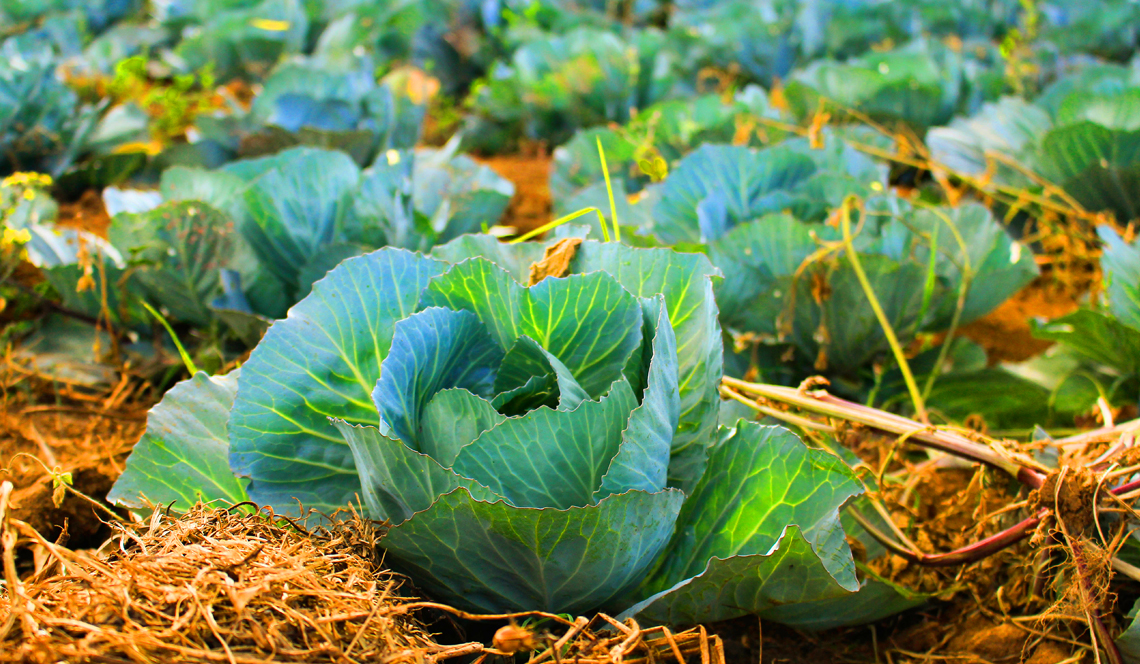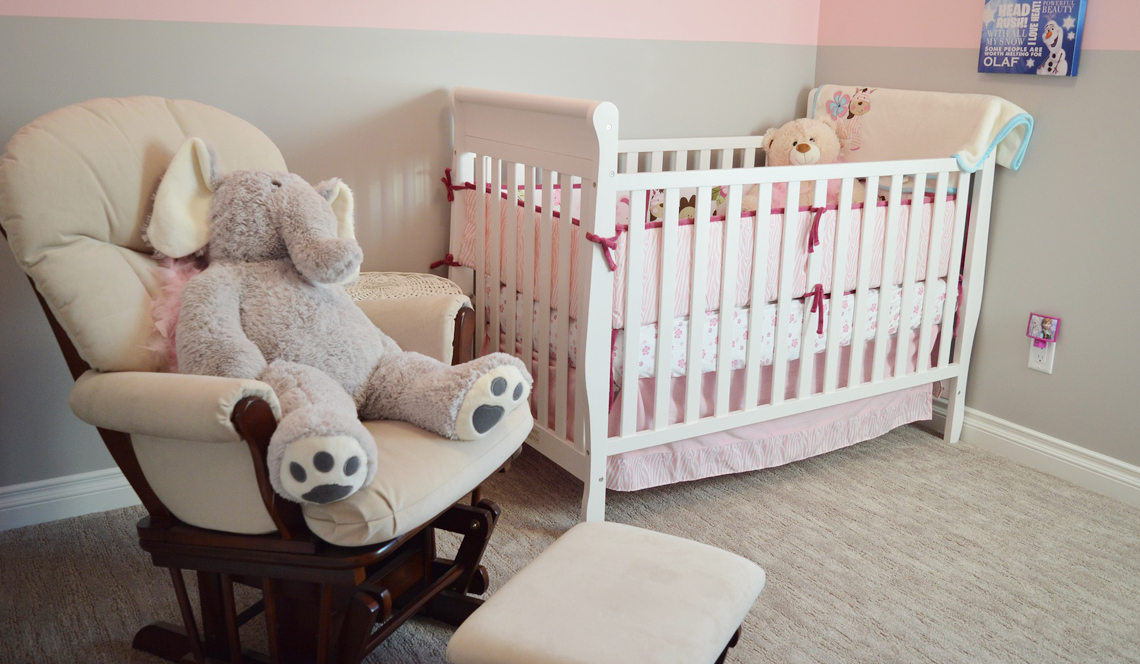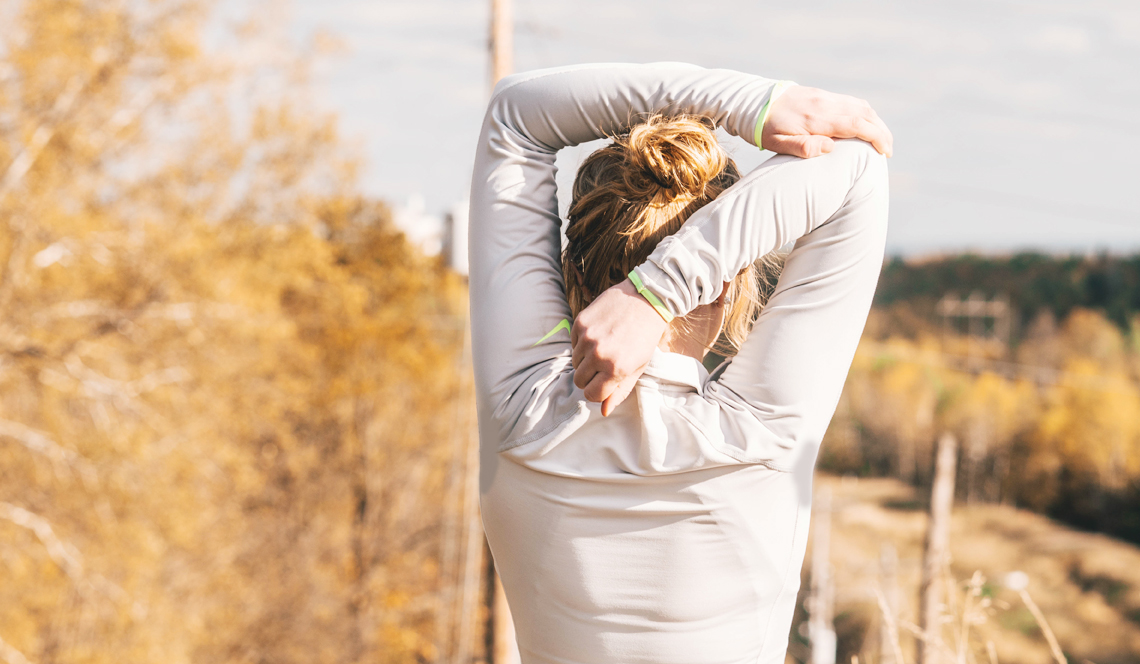Do you really want to start to grow your own organic vegetables, but really have no idea where to begin? Want the satisfaction of eating something that you grew, but know that you don’t have the patience to compost for months on end? That’s exactly how I felt and why I set out to learn how to start an organic garden on my own, without a lot of hassle or long hours in the compost bin.
Disclaimer: Please note that some of the links in this post are affiliate links and I will earn a commission if you purchase through those links. I recommend these products because they are products that I personally use or companies that I have found trustworthy.
Why Organic Gardening?
If you plant your own garden using organic seeds and seedlings in organic soil, you know what you are getting. You know that whatever food you get out of it will be clean and free of pesticides. Pesticides that farmers spay on their crops have been linked to hormone disruption, brain and nervous system toxicity, skin, eye and lung irritation, and even cancer. The amount that you can lessen your exposure to toxic pesticides, the better in my opinion. It can also be a tremendous cost savings while also helping you eat better. (Check out my post: 5 Easy Ways to Eat Healthy on the Cheap for more information.)
How to Start an Organic Garden
Location, Location, Location
First things first, you have to figure out where you are going to put your garden. Throughout the day, check your yard, or area where you will have pots, for an area that gets at least 4-6 hours of direct sunlight each day of your growing season. The longer the sun exposure the better, 8 hours or more would be ideal.
Get Your Soil Right
To get thriving plants, you need to start with a good base, your soil. The soil needs to have the correct level of nutrients to feed your plants properly. The only exact way to know what is in your soil is to have it tested. You can usually have your soil tested at your local agricultural extension office for a small fee. Once you get your results back, you can then amend your soil with the nutrients it is lacking or has too much of. Composting is usually the best way to amend your soil completely organically. This can be tricky and time consuming, but if you want to give it a whirl, check out the Better Homes and Gardens article here. http://www.bhg.com/gardening/yard/compost/how-to-compost/
I, however, don’t have the patience or the yard space for that, so I am going to “cheat” and buy my organic soil and compost and add that to a raised garden bed and a few pots on my patio.
Organic Soil and Organic Compost/Fertilizer
Garden Beds
Speaking of a raised garden bed, you are going to need an actual place to put your vegetables that you won’t trample on them and where yard animals won’t devour your entire crop. Raised garden beds are the new normal and are incredibly easy to build or buy. If you are building your own, remember to use untreated lumber. You don’t want the chemicals in the treated wood to leach into your newly perfect soil and subsequently into your vegetables.
A few that I like: Galvanized Steel, Elevated Wood Raised Bed, Low Wood Bed, Walk-in Extra Large Complete Garden System (my favorite). The walk-in is on the pricier side, but I have it and I LOVE it. I have stained it throughout the years and it has held up well.
Terracotta pots or other ceramic varieties are also a great idea.
Plants and Seeds
Ok, now it’s time to get down to business and actually get some things to grow. You will first want to check your hardiness zone at the USDA’s website to know which plants thrive in your area. You can start-off with organic seeds. You can find them very easily online or in most garden stores. Tomatoes, cucumbers, zucchini and beans are easy ones to start with. Check the package to see how early to start them indoors if you want to get a head start, or when they can be planted outside. Follow the watering and spacing instructions and you should be all set. If you are like me and you want a little bit more fool-proof method, you can start with seedlings, or plants that have already been started. I get organic seedlings from my local natural and organic grocery store. Most Home Depots and similar stores have some as well. They have an agreement with a local organic farm that brings them right to the store for easy shopping. You can also check your area for organic farmers willing to sell you seedlings if your local stores don’t carry them.
Organic Seeds: An assortment to try or source from Burpee.
Protection
Hopefully, you now have the start of a great organic garden, but you will also want to consider protection. You will want to do your best to avoid having an infestation of pests in your garden that will destroy your crops. If your vegetables and soil are healthy, you most likely won’t have a problem. If you do start to notice pests, look into horticultural oils or insecticidal soaps or garlic or hot pepper sprays that you can make yourself. Depending on your specific pest problem, you can usually find a natural remedy recipe online.
Along with pests, you will also have to watch out for larger animals in your yard like rabbits and birds who want to eat your crop or seedlings before you get the chance. Look for bird netting and/or crop covers to protect your garden 24/7 in a natural and humane way.
Covers: Garden Fabric and/or Netting
Maintenance
Once your garden is in and rolling, you will want to make sure you maintain its appearance and ability to grow properly. Pick any growing weeds you see and use a layer of mulch or straw in-between plants to prevent new ones from growing. You can also consider organic fertilizers to help keep your crop growing to its full potential. Above all else, don’t forget to water, water, water. Be cognizant of the amount of rain you are getting and how wet the soil is. If your soil is too dry, your vegetables won’t grow and if your soil is too wet, you could drown them out and kill them as well. Use common sense here and you should be ok.
Learning how to start an organic garden is not necessarily hard, it just takes a little bit longer to research healthy and organic alternatives to the traditionally pesticide overload practices of most gardens and farming in general. These few organic gardening tips should be enough to get you growing and start eating healthier in no time. Let me know any of your organic gardening tips below in the comments!






